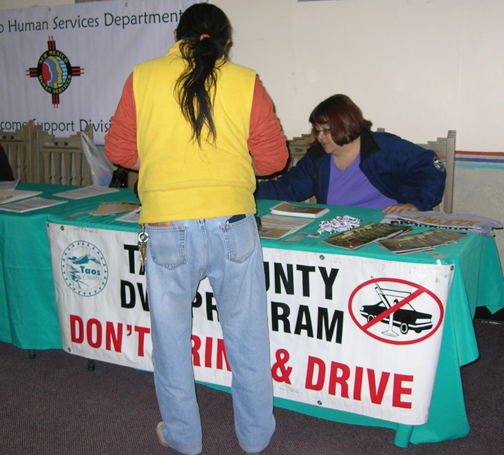Not Necessarily Good News
...Trump's order also calls on the Substance Abuse and Mental Health Services Administration to defund addiction programs that include "harm reduction."

Select Page
by C. Scott McMillin | Aug 7, 2025 | Public Policy | 0 |
...Trump's order also calls on the Substance Abuse and Mental Health Services Administration to defund addiction programs that include "harm reduction."

by C. Scott McMillin | Jul 24, 2025 | Public Policy | 0 |

by C. Scott McMillin | Apr 24, 2025 | Treatment | 0 |

by C. Scott McMillin | Apr 21, 2025 | Treatment | 0 |

by C. Scott McMillin | Nov 18, 2024 | Treatment | 0 |

by C. Scott McMillin | Nov 23, 2023 | Recovery | 0 |
by C. Scott McMillin | Aug 24, 2023 | Treatment | 0 |
Do you want them here with us, in range of immediate help? Or lying dead in the bathroom of your local fast-food joint?
Read Moreby C. Scott McMillin | Aug 14, 2023 | Addictive Substances | 0 |
Not surprisingly, online sales have evolved to include super-potent pouches, well above the rest in terms of nicotine content, to maximize the ‘rush’ provided by the stimulant, in flavors that include bubblegum and strawberry milkshake
Read Moreby C. Scott McMillin | Sep 22, 2022 | Addiction, Public Policy | 0 |
They’ve been shown to reduce the likelihood of an overdose fatality, but also to reduce the risk of disease and disease transmission; increase access to needed services…and to some extent, reduce criminal conduct.
Read Moreby C. Scott McMillin | Sep 19, 2022 | In the News | 0 |
Marketed as supplements, they’re excused from having to inform us. And they don’t.
Read Moreby C. Scott McMillin | Aug 25, 2022 | Addictive Substances | 0 |
“choosing to use lower-potency cannabis products could help to make cannabis use safer and offers a sensible strategy for harm reduction.”
Read Moreby C. Scott McMillin | Aug 15, 2022 | Thinking About Addiction | 0 |
I did ask a veteran ER physician for one suggestion that he felt would actually help both doctor and patient in the ER setting. His answer: Peer Support services.
Read Moreby C. Scott McMillin | Jul 4, 2022 | Addictive Substances | 0 |
CDC reports that tobacco use is “…the leading cause of preventable disease, disability, and death in the U.S.” Nothing else comes close…
Read Moreby C. Scott McMillin | Jan 6, 2022 | Addiction, Families, In the News | 0 |
Research into long-term recovery has been prominent in the past — why not revive it?
Read Moreby C. Scott McMillin | Jul 8, 2021 | Public Policy, Resources | 0 |
The roots of opposition are on an emotional level that doesn’t readily respond to the logic of science. The danger is that the public will be persuaded and take actions that are ultimately not in their own best interests.
Read Moreby C. Scott McMillin | Oct 1, 2018 | In the News | 0 |
That’s not a large percent of the user population, but it’s among the sickest. That along might be enough to justify the investment; I’m sure a number of lives have been saved along the way.
Read Moreby C. Scott McMillin | May 24, 2018 | Public Policy | 0 |
Nonetheless, in most instances it’s an a priori resistance rooted in fear, rather than legitimate objections.
Read Moreby C. Scott McMillin | Nov 27, 2017 | Addictive Substances, Thinking About Addiction, Treatment | 0 |
Not surprisingly, the vast majority of patients who drop out or otherwise leave maintenance programs return to heroin at rates of 80% or higher.
Read More